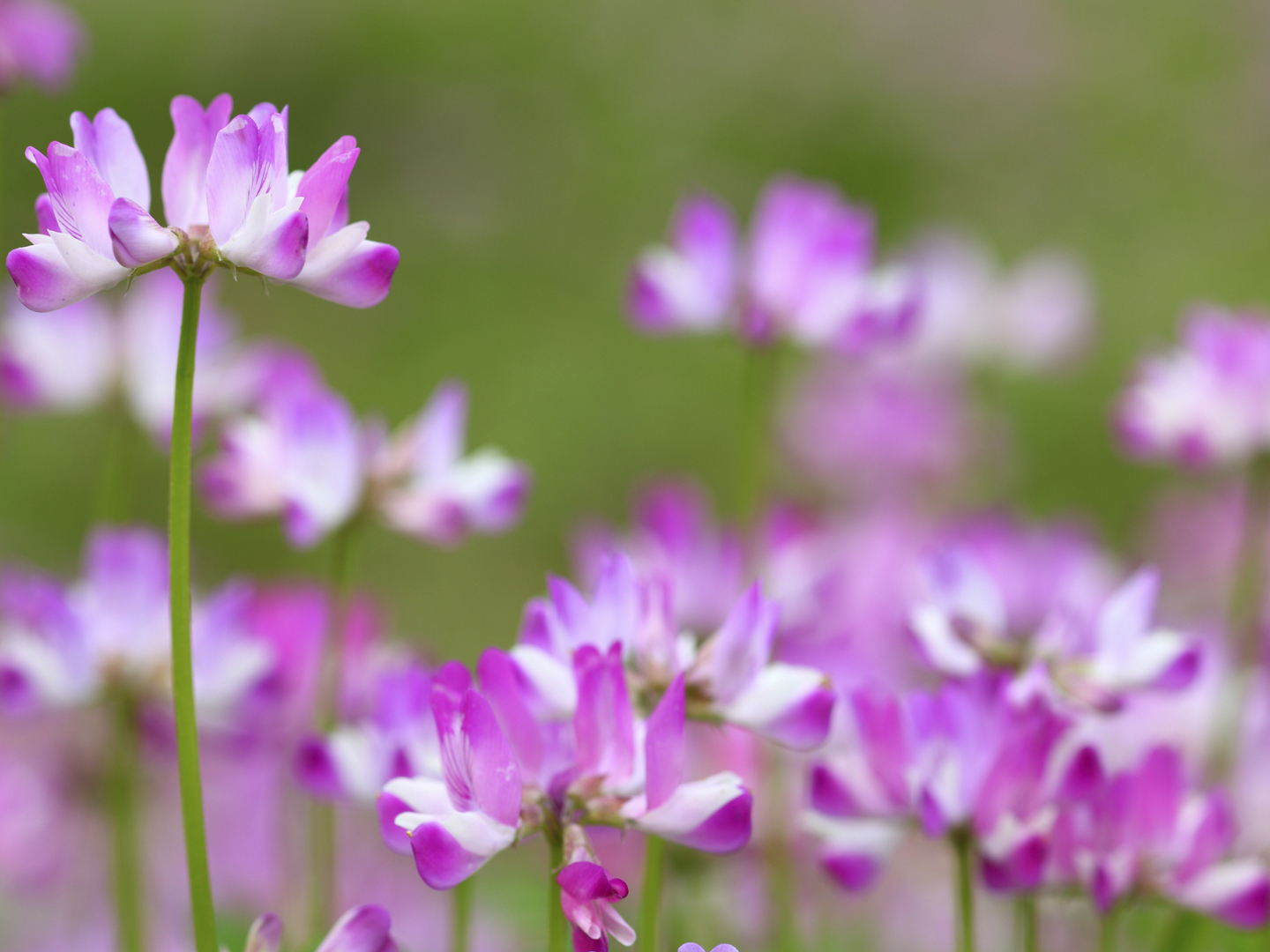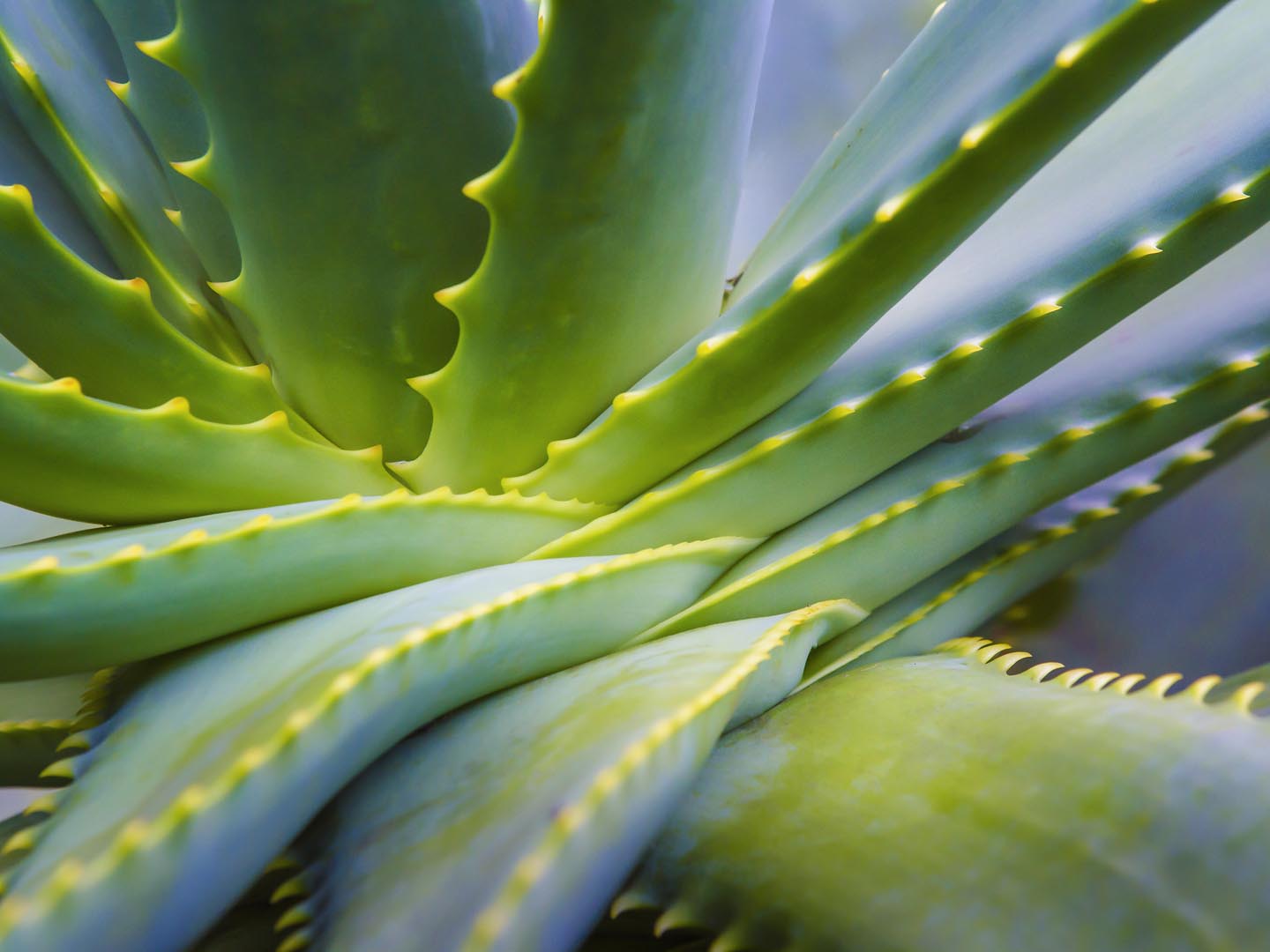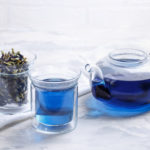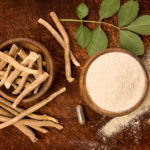Astragalus

Astragalus (Astragalus membranaceous)
Astragalus comes from the root of a perennial plant plant in the pea family that grows in the northern and eastern parts of China as well as in Mongolia and Korea. The root is usually harvested from four-year-old plants. Astragalus is the source of a popular medicine called huang qi available in any drugstore in China for use against colds, flus and other respiratory infections.
Astragalus is called an adaptogen, meaning it helps protect the body from physical, mental, or emotional stress.
Used for:
Astragalus is still widely used in China for treatment of chronic hepatitis and as an adjunctive therapy for cancer and as a folk or traditional remedy for heart disease. Astragalus has also been promoted for stimulation of the spleen, liver, lungs, circulatory, and urinary system, to help treat arthritis, asthma, and nervous conditions and to lower blood sugar levels and blood pressure.
Scientific evidence for using astragalus for any health condition is limited – few human studies have been conducted. However, some preliminary scientific evidence suggests that astragalus, either alone or in combination with other herbs, may benefit the immune system, heart, and liver, and be useful as treatment for cancer when added to conventional methods. The National Center for Complementary and Alternative Medicine (NCCAM) is sponsoring studies of the effects of astragalus on the body, particularly on the immune system.
A review from the Natural Medicine Comprehensive Database (NMCD) concluded that some evidence suggests that taking astragalus long-term might help prevent colds and taking it for up to six weeks may relieve seasonal allergy symptoms such as runny nose, itching and sneezing. The review also held that given intravenously astragalus might benefit patients with chronic hepatitis and that some early evidence suggests that used in combination with glossy privet (Ligustrum lucidum) astragalus might increase survival in people who are also receiving conventional treatment for breast cancer. In addition, the review found that astragalus might improve the effectiveness of platinum-based chemotherapy for advanced non-small cell lung cancer. However, the review concluded that there is not enough evidence to rate the effectiveness of astragalus for treatment of chest pain, diabetes, chronic fatigue syndrome, HIV/AIDS, fibromyalgia and cervical cancer.
Available in:
Tincture, capsule and tablets, whole dried slices of root (can be added to soups).
Herb / drug interactions:
Astragalus may reduce the effectiveness of immunosuppressive drugs including cyclophosphamide (Cytoxan, Neosar) taken by cancer patients and similar drugs used by organ transplant recipients. Other drugs that suppress the immune system include azathioprine (Imuran), basiliximab (Simulect), cyclosporine (Neoral, Sandimmune), daclizumab (Zenapax), muromonab-CD3 (OKT3, Orthoclone OKT3), mycophenolate (CellCept), tacrolimus (FK506, Prograf), sirolimus (Rapamune), prednisone (Deltasone, Orasone), corticosteroids (glucocorticoids), and others.
Astragalus can increase urination and, as a result, might affect the elimination of the drug lithium allowing it to build up in the body leading to serious side effects. Astragalus may also affect blood sugar levels and blood pressure.
There are no known interactions between astragalus and other herbs or supplements.
Other safety concerns:
Astragalus is considered safe for most adults although its side effects are not known. However, the NMCD review concluded that doses greater than 28 grams might limit the activity of the immune system and advised pregnant women and nursing mothers to avoid it since not much is known about the effects of astragalus during pregnancy and breast-feeding. Also, since taking astragalus might make the immune system more active in individuals with auto-immune diseases such as multiple sclerosis, lupus and rheumatoid arthritis, the review suggested that individuals with these conditions avoid it.
When buying:
Slices of dried astragalus root are sold at Chinese groceries and some health food stores. Simmer slices of the root in tea or soups (they’ll add a pleasant sweet taste). Astragalus is also available as extracts in liquid, capsule or tablet form and is sold in tea bags.
Dosage:
Follow dosage directions on product labels. The appropriate dose depends on such factors as the user’s age and health. The recommended dose for a standardized extract is 250 – 500 mg, three to four times a day standardized to 0.4% 4-hydroxy-3-methoxy isoflavone 7-sug. When making tea, boil three to six grams of dried root per 12 ounces of water three times a day. You can get a tincture of astragalus in 30 percent ethanol. The recommended dose is 20 to 60 drops three times a day.
Child dosage:
No dosage has been established for children. Traditional Chinese medicine holds that children with a fever should not take astragalus because it may increase the fever and result in it lasting longer.
Dr. Weil says:
This is one of my favorite immune-boosting tonics. I recommend taking astragalus preventively through the flu season for its anti-viral effects – of my favorite ways to take it is as astragalus iced tea. This herb is nontoxic and can be used long-term to increase resistance.
Sources:
Natural Medicines Comprehensive Database, Consumer Edition, “Astragalus”, last reviewed on December 17, 2012, accessed January 13, 2014 http://naturaldatabaseconsumer.therapeuticresearch.com/nd/Search.aspx?cs=NONMP&s=NDC&pt=100&id=963&fs=NDC&searchid=44635799
National Center for Complementary and Alternative Medicine, “Astragalus”, last updated, april 2012. Accessed January 13, 2014, nccam.nih.gov/health/astragalus
Reviewed by Brian Becker, M.D., February 2015.









